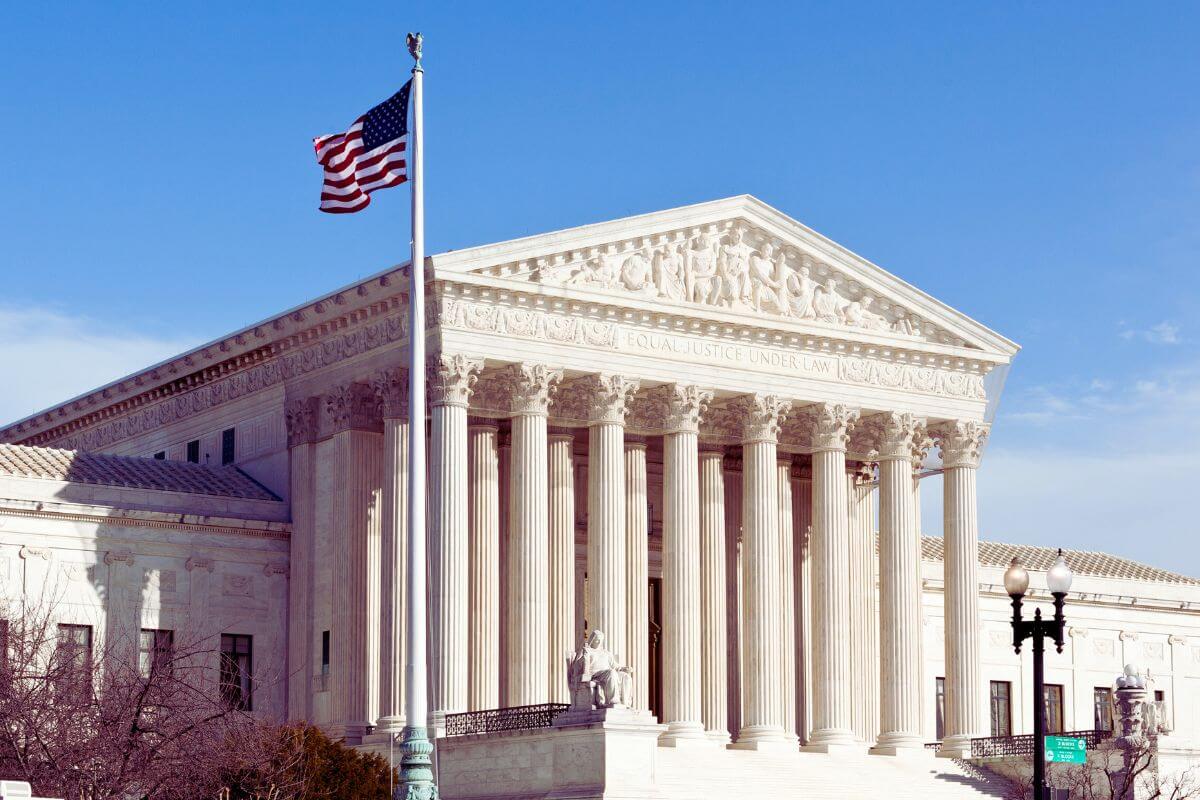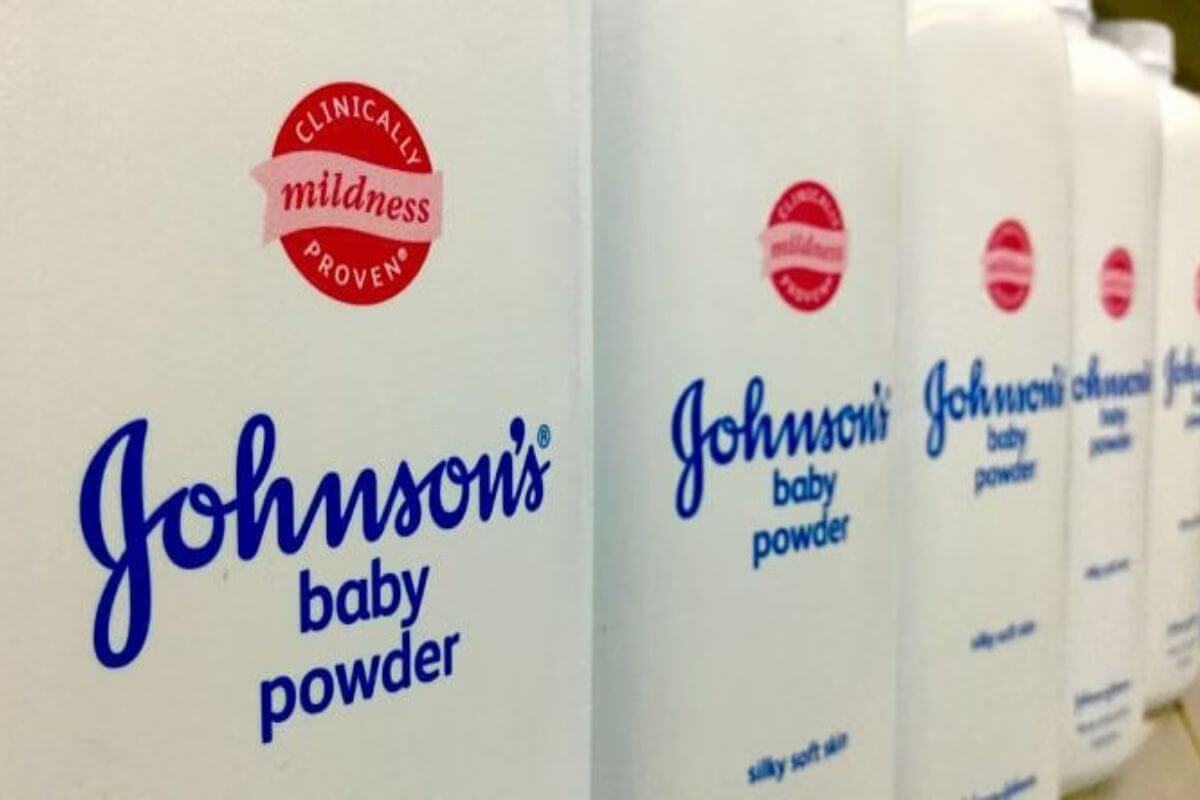Purdue Pharma Halts Litigation Post US Supreme Court Decision

- BY Dhiren
- July 10, 2024
- Read in 3 Minutes
Purdue Pharma obtained U.S. court clearance on Tuesday for a 60-day stay on litigation against its owners, members of the rich Sackler family, in its first appearance in court since a landmark US Supreme Court decision overturned its bankruptcy deal.
At a court hearing in White Plains, New York, United States Bankruptcy Judge Sean Lane issued an injunction. He stated that a litigation agreement will allow Purdue Pharma to renegotiate a comprehensive settlement of cases alleging that their medication OxyContin, contributed to the heroin and opiates problem in the United States.
On June 27, the US Supreme Court declared that Purdue Pharma’s bankruptcy deal could not protect the Sacklers, who did not file for bankruptcy, from liability for their part in the country’s deadly opioid crisis.
Also Read, Houston Power Outage: Hurricane Beryl Leaves 2.2M in Dark
The verdict pushed Purdue Pharma back to the drawing board. It risked billions of dollars in funds committed by the corporation and the couple who owned it to remedy the damages of the crisis.
Purdue and Sackler family members have been prosecuted by state and municipal governments, as well as individual litigants, for allegedly sparking the heroin epidemic via the misleading marketing of its pain medicine.
The corporation pleaded guilty to misbranding and fraud charges resulting from its OxyContin marketing between 2007 and 2020.
Purdue’s bankruptcy has prevented drug lawsuits from being filed against the Stamford, Connecticut-based manufacturer since 2019, and Purdue Pharma also expanded that legal protection to the Sacklers.
Purdue’s attorney, Marshall Huebner, stated that the corporation would conduct “a high-speed, high-stakes mediation” among the Sacklers, state and municipal governments, and other parties.
Huebner said that protecting the Sacklers during a “modest” 60-day negotiation period will allow Purdue Pharma a meaningful chance to negotiate a fresh bankruptcy settlement.
He emphasized that this would enable the company to dedicate funds to preventing opioid overdoses and treating addiction.
Several parties hoped for an agreement but stressed that mediation should not exceed Purdue’s 60-day time frame.
“It is critical for all parties in this case that we close this five-year Chapter 11 case,” said Kenneth Eckstein, the attorney for a coalition of state and municipal governments.
During the meeting, Lane also designated two mediators to help with settlement talks, including former bankruptcy judge Shelley Chapman, who arranged a prior arrangement in which the couple Sacklers agreed to pay up to $6 billion to resolve the opioid claim. Eric Green will act as the other mediator.
Purdue Pharma has stated that if mediation fails, the court-appointed committee representing its debtors should permit to sue the Sacklers. The charges allege that the Sacklers looted over $11 billion from the firm and that their actions make Purdue responsible for additional litigation.
The Sacklers have argued that the creditors’ anticipated litigation is ineffective and based on “factual errors.” According to their lawyers, family members have denied wrongdoing and would aggressively resist any action if settlement discussions fail.
Gerard Uzzi, counsel for the Sackler family, emphasized, “There are no guarantees of recovery in this court or any other.”
Attorneys general from all 50 states, as well as local governments and the vast majority of opioid victims who voted on it, approved Purdue’s prior bankruptcy deal.
However, it has its opponents, such as Carrie McGaha, who has had many overdoses and stated on Tuesday that Purdue’s bankruptcy has placed people at the “bottom of the heap.”






